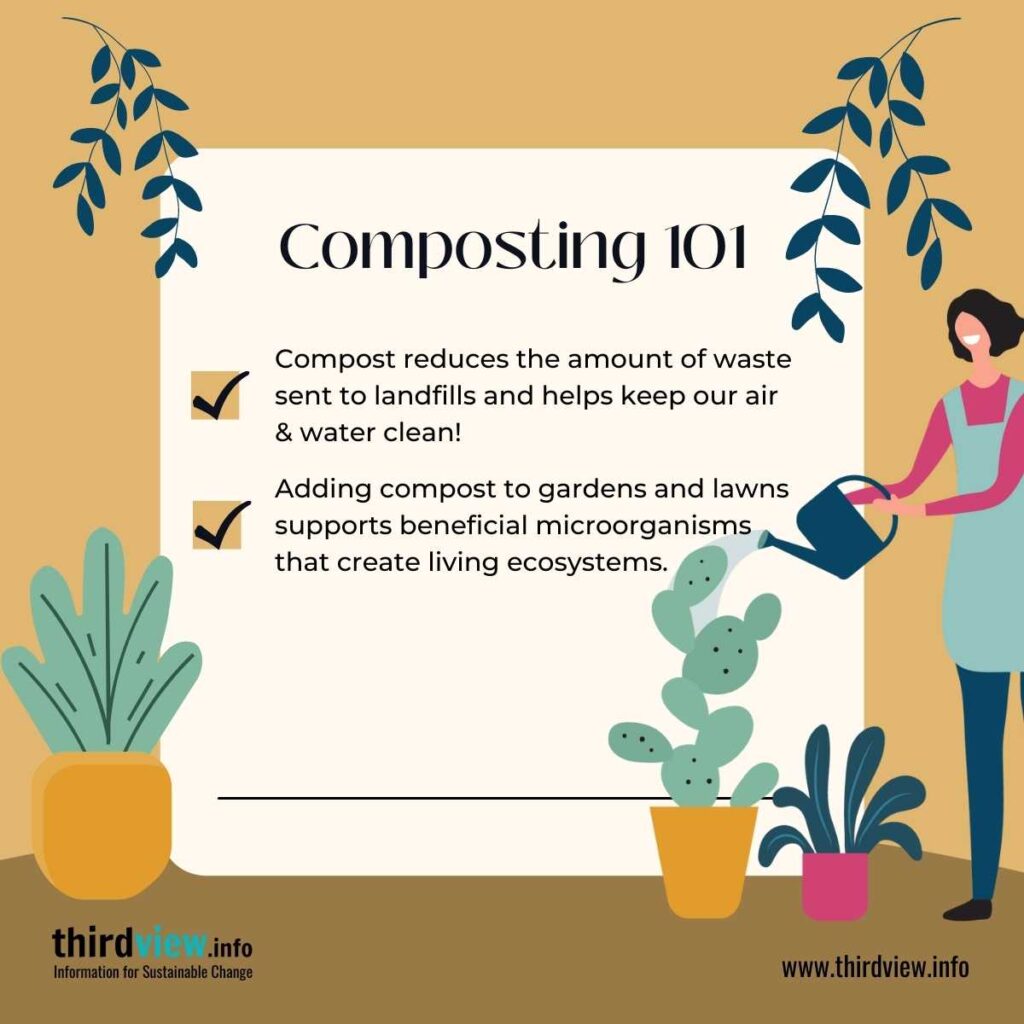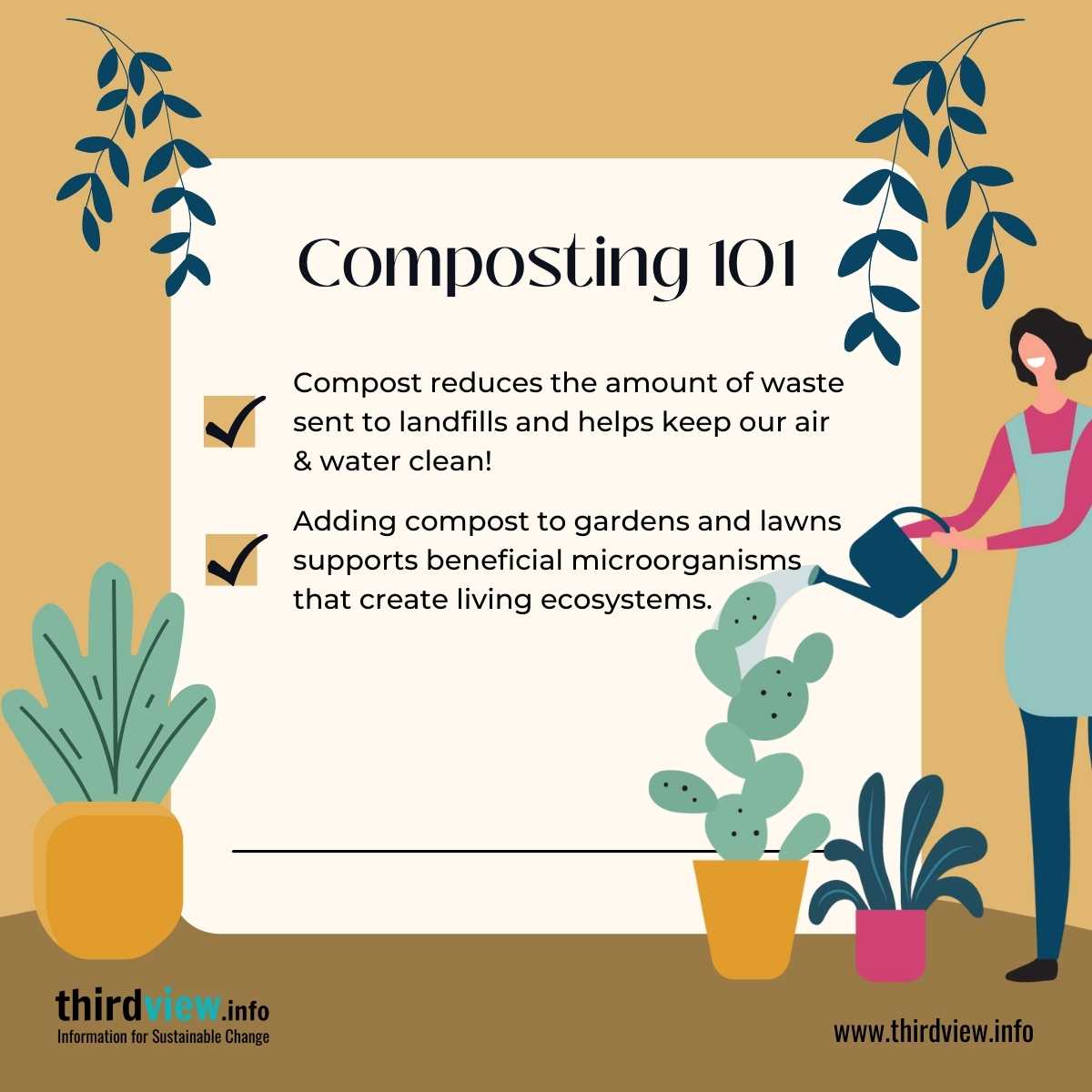Composting is a great way to reduce waste while giving back to the environment. Not only does it help reduce pollution, but compost also helps enrich the soil and can even be used as a fertilizer for plants. Let’s dive into why composting is beneficial and how you can start your own compost bin at home.
What is composting?
Composting is a process in which organic material such as food scraps, leaves, and twigs are broken down by microorganisms into nutrient-rich soil called “compost” or “humus”. The decomposed material is then used to fertilize gardens and fields, helping them grow healthier plants. Not only does it help improve soil fertility, but it also reduces the amount of waste that goes into landfills each year.
Why compost?
Composting helps reduce the amount of trash going into landfills, which in turn reduces the amount of methane gas released into the atmosphere. Methane gas is one of the most potent greenhouse gases so reducing its output helps prevent global warming. Additionally, composting helps reduce air pollution from burning trash, as it eliminates some of what would have gone into incinerators or been sent off to landfills that have no other way of breaking down organic materials.
Compost also has many benefits for soil and plant health. Adding nutrient-rich compost can improve water retention in soils, increase fertility, ward off pests and diseases, promote root growth, and even help plants absorb more nutrients from fertilizers. It’s like a natural multivitamin for your garden!
How to start a compost bin
Starting a compost bin at home doesn’t need to be complicated or expensive! All you need are four basic ingredients: nitrogen-rich green materials (like food scraps), carbon-rich brown materials (like dead leaves or sawdust), oxygen (a little bit), and water (just enough). With these ingredients on hand, all you need to do is add them in layers to a container—think a large garbage bin or wooden box—and let nature take its course! Make sure there’s plenty of air circulation by stirring occasionally with a pitchfork or shovel; this will speed up the decomposition process. After about three months, you should have an abundance of nutrient-rich soil perfect for use in gardens or flower beds.
Reducing waste not only has environmental benefits but economic ones too—less garbage pickup means less money spent! By starting a compost bin at home today, you can do your part in helping create a healthier environment while providing invaluable nutrients to your garden area. If you’re ready to dive into the world of composting headfirst then get started right away; with just four simple ingredients and some patience, you’ll soon be seeing all the amazing benefits that come along with reducing waste!


